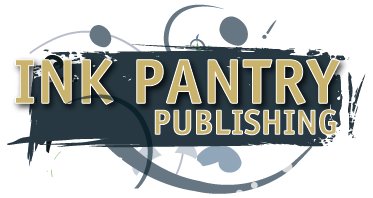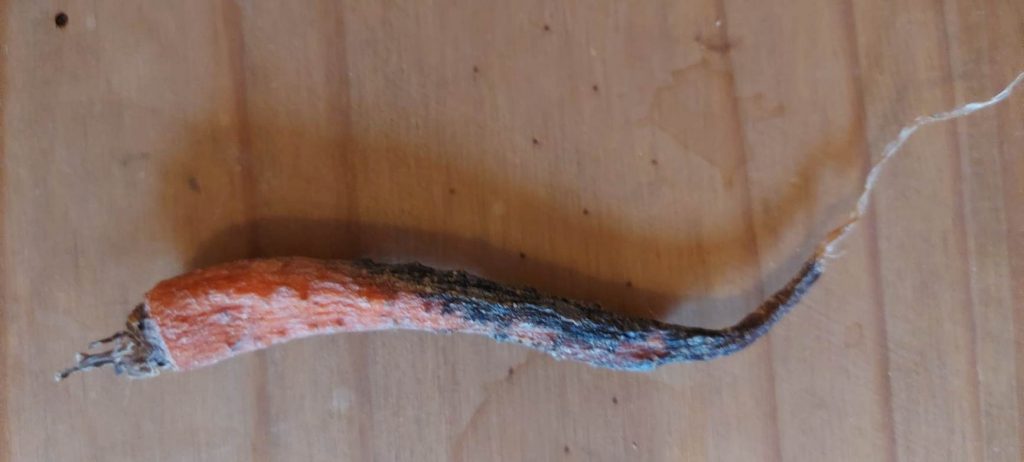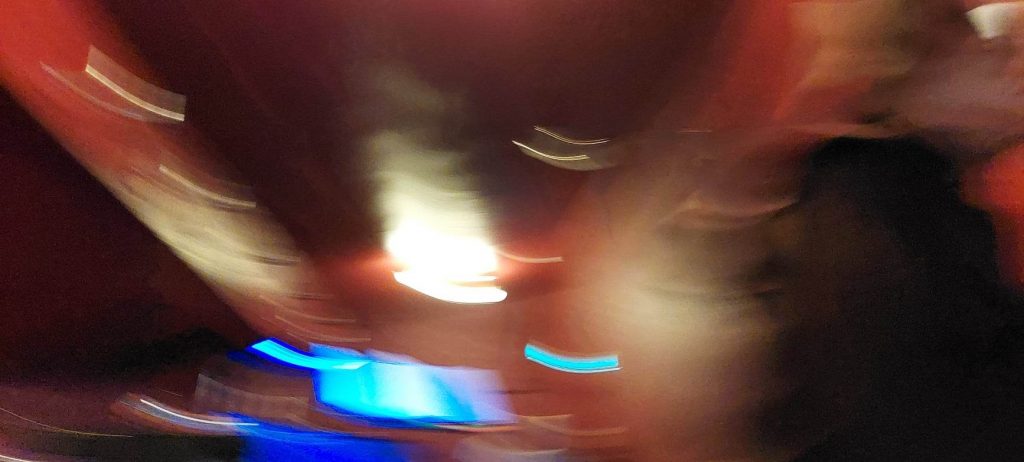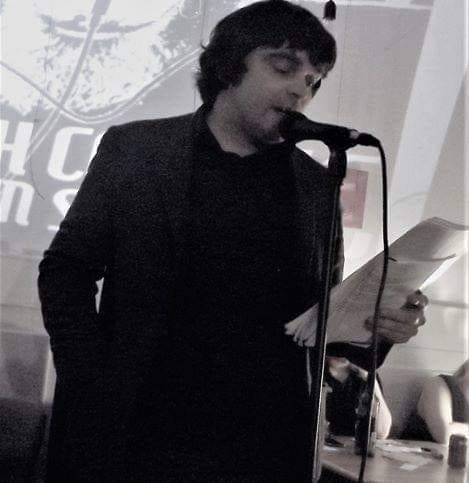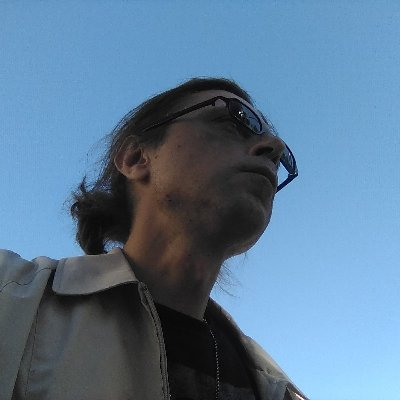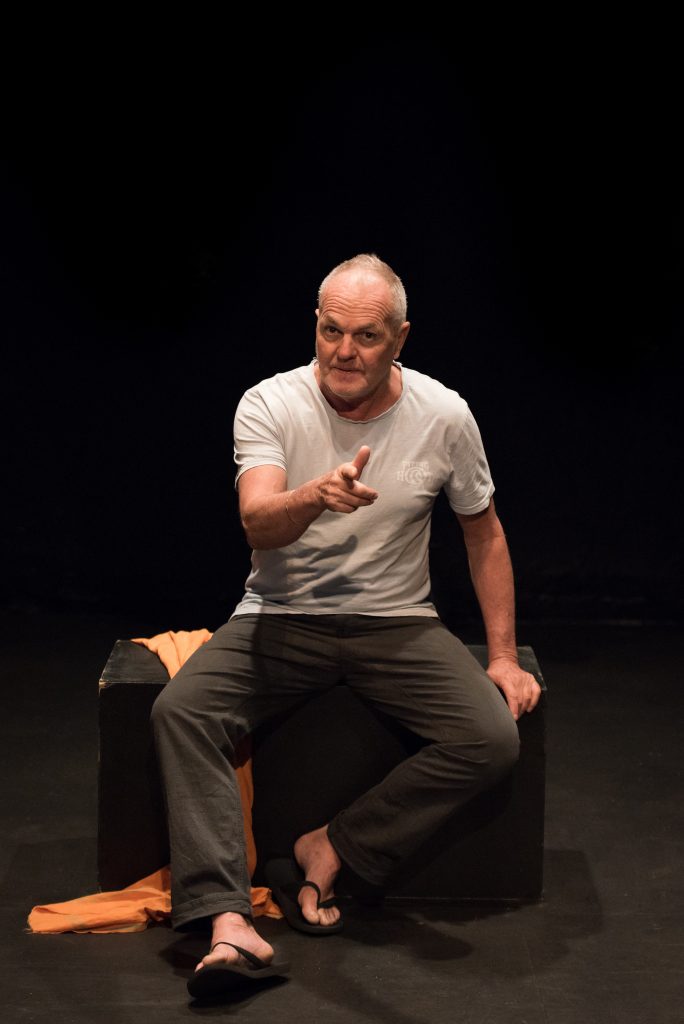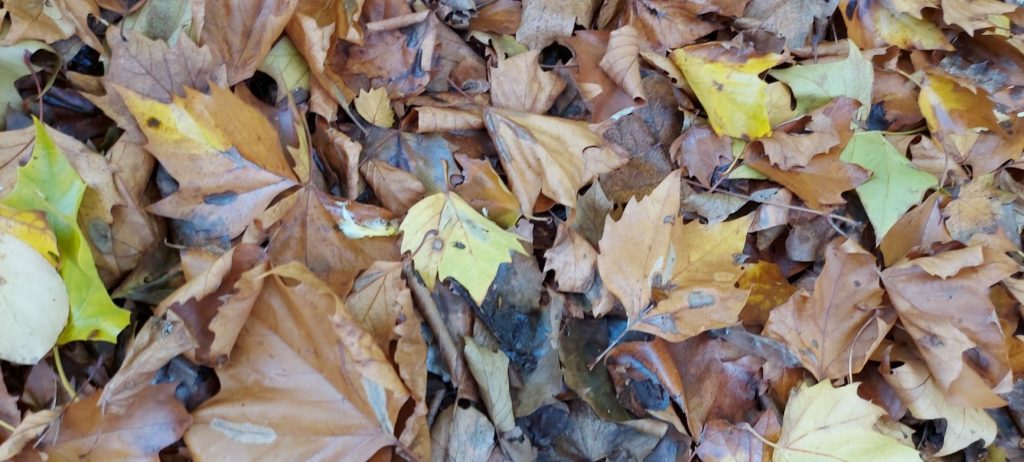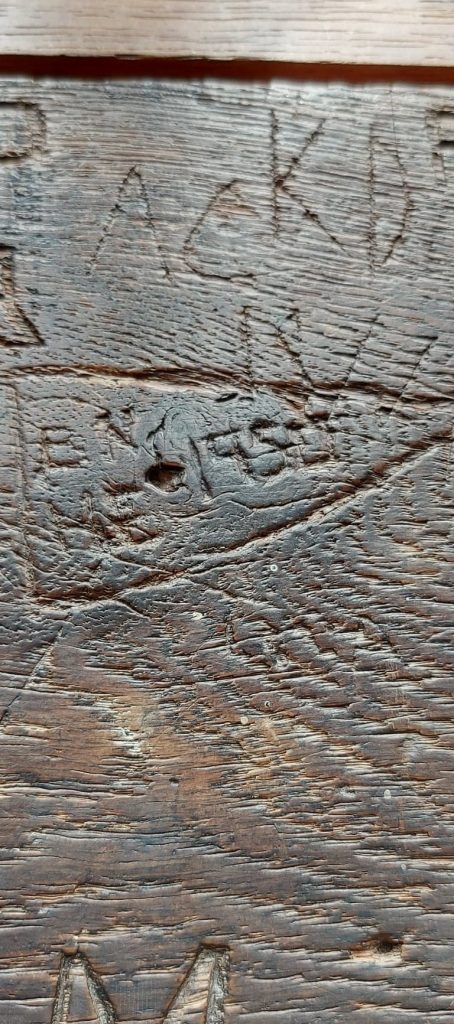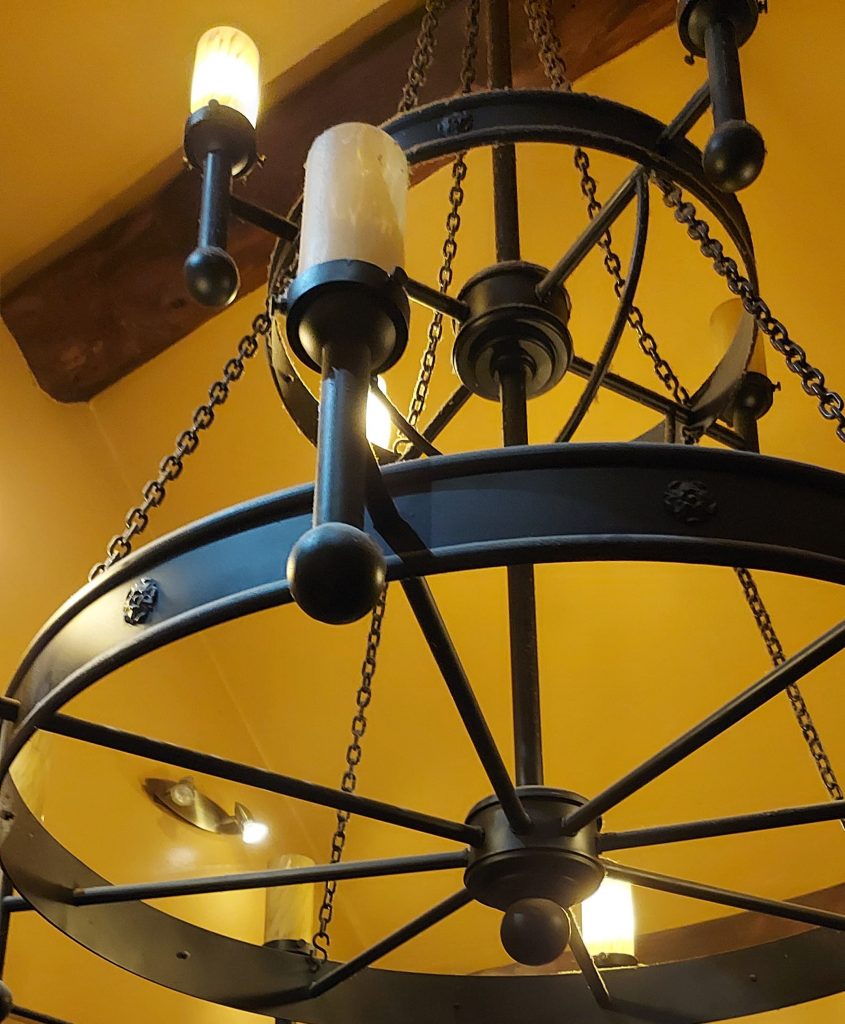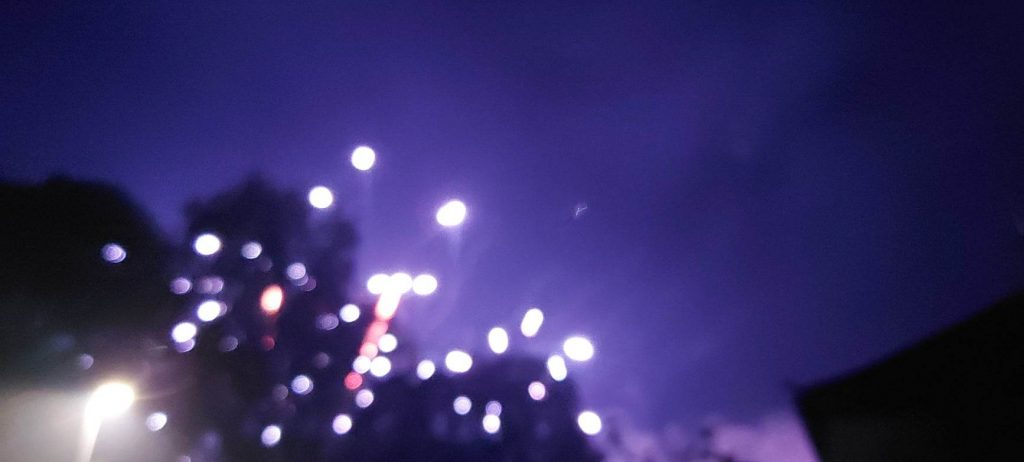
Composers and Mistakes
when I see the evening,
with it’s ordinary sounds and shapes
so full of unbelieving
composers and mistakes
coming in-
something wakes,
and I begin.
what I can’t affect
is getting colder
as I grow older,
retreating inside-
I could be your wreck
if I was bolder
and called you over,
over this side-
through the honeysuckle arch of midnight,
moon like a lid bright
shield in the sky;
on the grass
where footsteps last
in this light-
making a cast
where you walked by.
I’m Getting Old Now
i’m getting old now-
you know,
like that tree in the yard
with those thick cracks
in its skinbark
that tell you
the surface of its lived-in secrets.
my eyes,
have sunk too inward
in sleepless sockets
to playback images
of ghosts-
so make do with words
and hear the sounds
of my years in yourself.
childhood-
riding a rusty three-wheel bike
to shelled-out houses bombed in the blitz,
then zinging home zapped in mud
to wolf down chicken soup
over lumpy mashed potato for tea-
with bare feet sticking on cold kitchen lino
i shivered watching the candle burn down
racing to finish a book i found in a bin-
before Mam showed me her empty purse
and robbed the gas meter-
the twenty shillings
stained the red formica table
like pieces of the man’s brains
splattered all over the back seat
of his rambolic limousine
as i watched history brush out her silent secrets.
Notes on Scraps of Screen Papyrus
notes on scraps of screen papyrus,
symbol songs
of our belongs-
inspire us
in the coffee smokes of day
where the fire was
in humid heats ashtray-
inside us
far away.
the new consensus
doesn’t show
nomads
in the census
of its blow
whose glow glads
the past they left too slow:
and the falling
befalling
where we now need to go-
misfits
the steps
of the facefits
in this trough
of peaks and parapets.
so we want wildly
the wilderness that isnt fear-
cut off,
empty,
smiley,
pallet clear-
the colours changed
so rearranged
and us not here.
Symphonic Waste
a quiet night.
even the candle flame isn’t flickering-
think i’ll just blow out its light
and turn down the radio bickering.
symphonic waste
between the two
goes back space
for what is true-
and the same discontented self
dismantles every shelf
of previous obsessions
contaminated with old confessions.
then your persuasions
window walk
in panes of pillow talk-
inside this how,
in here, in now-
where no mortal elements
can darken our consoled consents
with ribbons of ripped repents
that leave membranous scars:
and when they do,
they are no more than me, or you-
everyone is subservient to the stars.
Life is Flamenco
why can’t i walk as far
and smoke more tobacco,
or play my spanish guitar
like Paco,
putting rhythms and feelings
without old ceilings
you’ve never heard
before in a word.
life is flamenco,
to come and go
high and low
fast and slow-
she loves him,
he loves her
and their shades within
caress and spur
in a ride and dance
of tempestuous romance.
outback, in Andalusian ease,
i embrace you, like melted breeze
amongst ripe olive trees-
dark and different,
all manly scent
and mind unkempt.
like i do,
Picasso knew
everything about you
when he drew
your elongated arms and legs
around me, in this perpetual bed
of emotion
and motion
for these soft geometric angles
in my finger strokes
and exhaled smokes
of rhythmic bangles
to circle colour your Celtic skin
with primitive phthalo blue
pigment in wiccan tattoo
before entering
vibrating wings
through thrumming strings
of wild lucid moments
in eternal components.
i can walk as far
and smoke more tobacco,
and play my spanish guitar
like Paco.
Strider Marcus Jones – is a poet, law graduate and former civil servant from Salford, England with proud Celtic roots in Ireland and Wales. He is the editor and publisher of Lothlorien Poetry Journal. A member of The Poetry Society, his five published books of poetry reveal a maverick, moving between cities, playing his saxophone in smoky rooms.
His poetry has been published in numerous publications including: Dreich Magazine; The Racket Journal; Trouvaille Review; dyst Literary Journal; Impspired Magazine; Melbourne Culture Corner; Literary Yard Journal; The Honest Ulsterman; Poppy Road Review; The Galway Review; Cajun Mutt Press; Rusty Truck Magazine; Rye Whiskey Review; Deep Water Literary Journal; The Huffington Post USA; The Stray Branch Literary Magazine; Crack The Spine Literary Magazine; A New Ulster; The Lampeter Review; Panoplyzine Poetry Magazine and Dissident Voice.
You can find more of Strider’s work here on Ink Pantry.


